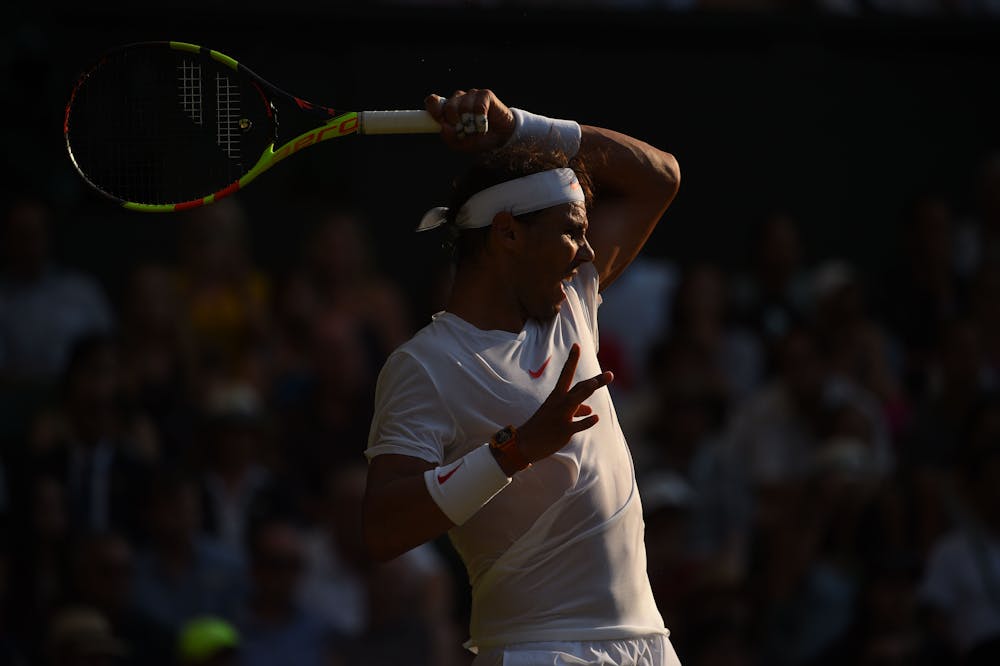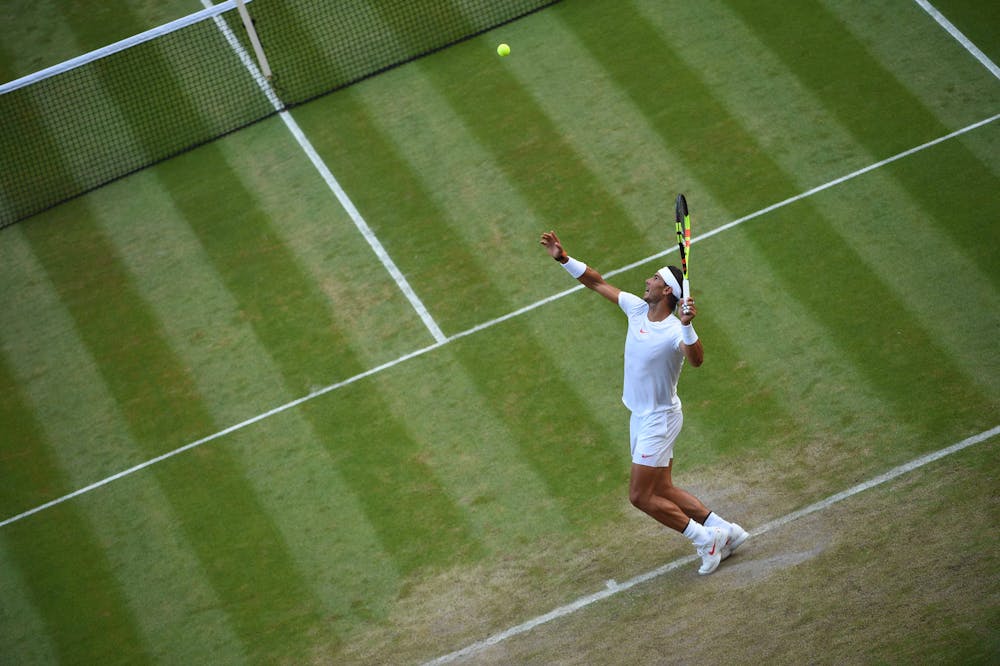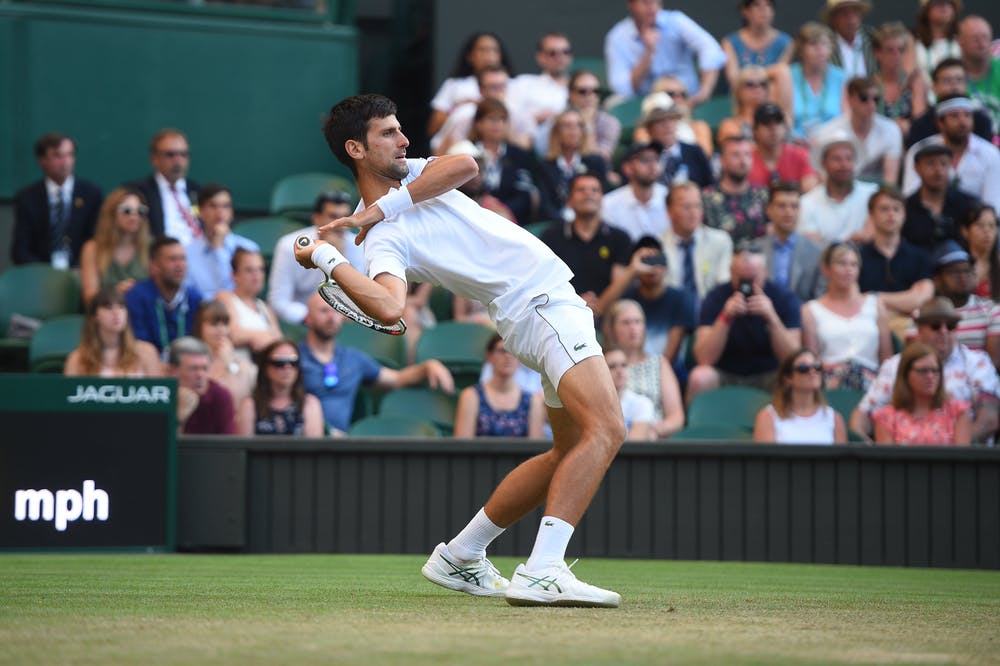When Wimbledon started, there was a sense of anticipation about the place. Could this be the moment when the rebels stormed the gates of The Establishment? Surely Roger Federer, 36-year-old Roger Federer, could not win again. Like he has done eight times before.
Age is more than a number
Rafael Nadal, Roger Federer and Novak Djokovic showed the way so far in Wimbledon.

And Rafa, he of the 11 Roland Garros titles, surely he couldn’t win a third title in SW19. His record has been average since his last final in 2011 – he is physically not up to this grass court malarkey any more. And as for Novak Djokovic… well, he has been out of sorts for a couple of years now.
This was the moment, then, for the new boys to make their mark. Step forward, young men, and show us what you are made of. And they stepped forward. And then they tripped over their shoelaces and headed for home.
The only name missing from the list of established champions is Andy Murray and that is only because he is still recovering from a hip injury. But looking to fill his time in between training, practice and rehab sessions, he popped into the BBC studios on Tuesday to run his expert eye over the draw. Picking Nadal against Del Potro as the quarterfinal of the day, he tipped Djokovic as a potential champion and Federer as the perennial favourite.
So what went wrong for the young lads? Two things: a lack of experience on the grass and a lack of experience in the business of pacing themselves through a major championship.

To watch the way Nadal flattened Alex De Minaur on Saturday was the perfect example of how to snuff out a challenge (De Minaur, although young and spindly, was willing to fight) and then conserve as much mental and physical energy as possible for the later rounds. De Minaur was digging in at the start of the first set; Nadal broke him early on. Nadal then ran away with the rest of the match until the very end when De Minaur threatened again. Nadal squashed him and headed happily into the second week. So far, he has not dropped a set.
Federer did much the same against Adrian Mannarino on Monday. Mannarino is not one of the young challengers but he could be awkward, nonetheless. Federer took the first set in 16 minutes and then made sure he took whatever opening presented itself in the second and third sets, and took it quickly.
It is the 15 years of winning these major tournaments that has taught the big boys when to apply the pressure and how. It may only take five or 10 minutes in each set, a short spell when the lower-ranked opposition is faced with the fire and fury of a serial champion in complete lockdown, but it is more than enough time to inflict a mortal wound.

Winning a grand slam title is not just a matter of forehands and backhands or muscle bulk and aerobic stamina. Big matches are won between the ears, too. If the mind is tired, the body will not respond. If the body is tired, the mind becomes fuddled. The key is find a way to get through the physical travails without expending too much energy while steering clear of dramas in the early rounds in order to keep the mind sharp. It is not rocket science but it is nigh on impossible to do.
And yet the Rogers, Rafas and Novaks of this world make it look so easy. To see the way they go about their business during any grand slam championships is to see just how far away the new generation are from The Establishment. Then again, with 49 grand slam titles between them, the old boys know how it is done.

With the possibility to increase that tally to 50 titles come the weekend, the younger lads may have quite some time to wait before one of them gets his turn on the winner’s podium.
 ROLAND-GARROS
18 May - 7 June 2026
ROLAND-GARROS
18 May - 7 June 2026

